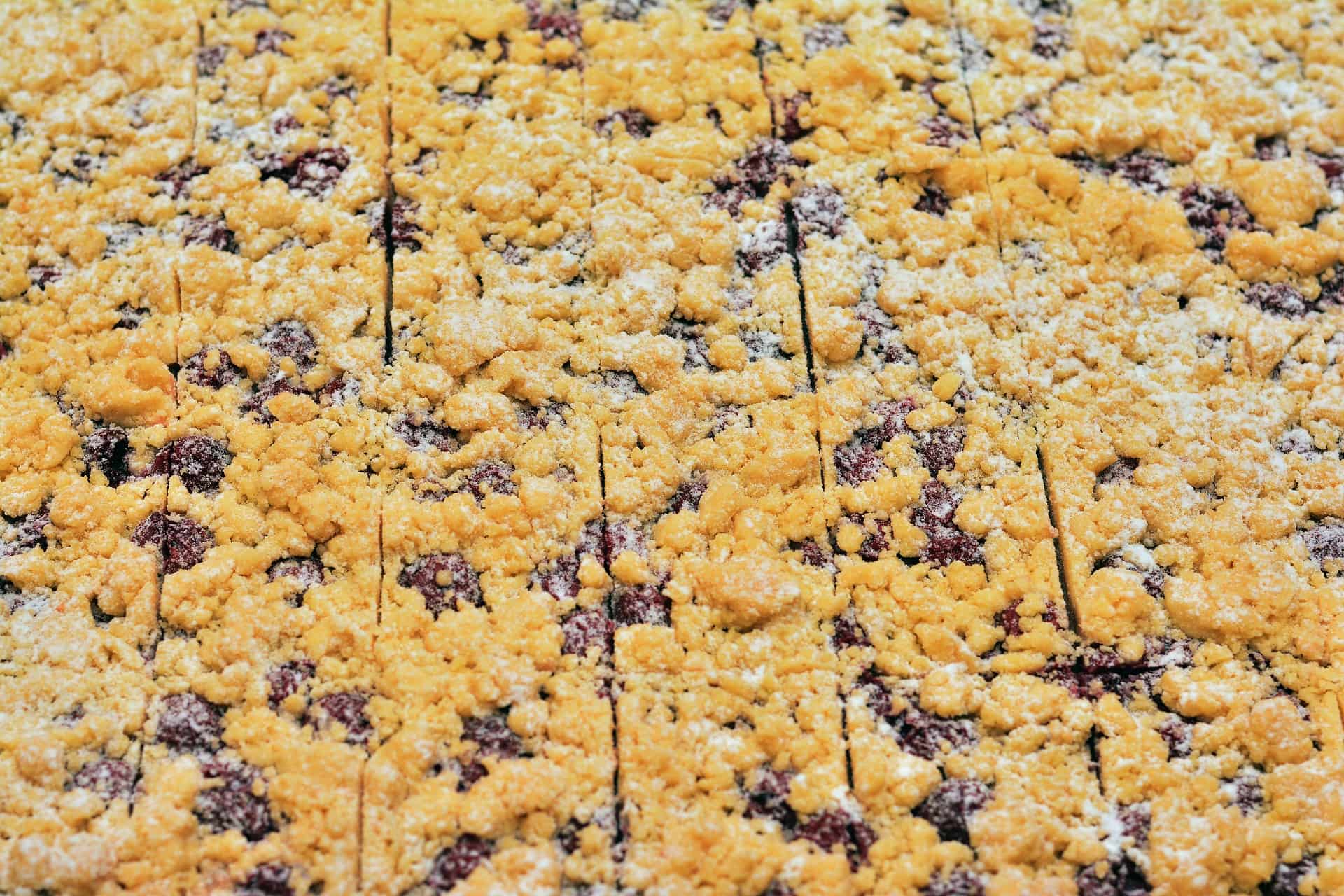By Jordan Haworth – Trainee Physiologist – FGC
What Is Candida albicans?
Candida is generally an umbrella term for the different species of yeast-like fungus that inhabit the intestinal, genital and oral cavities. They are part of our normal microbial environment and reside in the gut of around 80% of healthy adults. However, being opportunistic means too much Candida can become problematic. Mostly its associated with the condition thrush in the mouth, throat and vagina. Currently, Candida and yeast alike have been gathering notoriety in the medical community as a potential cause of IBS and other abdominal issues.
What If There is Too Much Candida?
The overgrowth of Candida is called candidiasis, which typically manifests in the immunocompromised, such as patients undergoing chemotherapy, Type 1 diabetics and those with HIV. Also, it can present the use of steroids and antibiotics – yeast competes with intestinal bacteria for space – a course of antibiotics may kill off bacterial flora allowing the Candida to move in like squatters.
Excess Candida stimulates mast cells to release histamine causing irritable IBS-like symptoms. There is doubt as to whether overgrowth can lead to ‘leaky gut syndrome’ but it is thought Candida could damage the intestinal barrier causing inflammation. Most yeast species also produce alcohol by fermenting sugars (essentially using your gut as a brewery), this may be associated with symptoms of abdominal pain, diarrhoea but also lethargy, fatigue and ‘brain fog’. In fact, there have been cases of Candida in the small bowels of individuals who presented abdominal pain or diarrhoea but were otherwise healthy. Their symptoms then improved after antifungal therapy.
It is well known that small intestinal bacterial overgrowth (SIBO) can cause IBS but evidence for small intestinal fungal overgrowth (SIFO) has emerged wherein two separate studies, 16 and 26% of patients with unexplained GI symptoms had SIFO and 34% had mixed SIBO/SIFO. A significant number of these subjects were using proton pump inhibitor drugs, with suppress stomach acid, thought to prosper candida in the small bowel.
How Do I Know If I Have Candida?
The most common symptoms associated with Candida overgrowth are abdominal pain, bloating, flatulence, and diarrhoea. Some functional doctors also associate brain fog, fatigue and sugar cravings. But studies suggest symptoms alone are not enough to predict SIFO and diagnostic testing should be performed. Unfortunately, the only true diagnostic test for SIFO is a highly invasive aspirate of duodenal juice – and even this has no standardised cut off values. Therefore, it would seem logical to approach SIFO in a manner of exclusion; ruling out the more likely conditions that could be causing the symptoms, such as SIBO or sugar malabsorption, via a simple breath test. If these come back negative and you still have unexplained GI symptoms, candida overgrowth could be a possibility.
How Do I Treat Candida?
With the identification of flatline SIBO and sugar malabsorption tests, some doctors decide to go ahead with a course of antifungals because they are relatively safe, in this case, a reduction in symptoms would suggest SIFO was the preliminary cause. There is no specific drug, but oesophageal candidiasis may be treated with fluconazole or nystatin, which could also work in the gut.
Many functional practitioners recommend herbs to treat candida such as oil of oregano and apple cider vinegar. Whilst most herbs are beneficial to everyone (healthy or not), some should be used carefully. For example, garlic is high FODMAP, whilst this may combat Candida it would exacerbate SIBO if also present [see article].
The best way to prevent yeast overgrowth is to enhance their competition – the good bacteria in the gut. One noteworthy probiotic is Lactobacillus acidophilus, they produce hydrogen peroxide which inhibits the growth Candida albicans, the most predominant Candida species in humans and leading perpetrator of fungal dysbiosis (see figure 1).
Research into Candida and SIFO as the cause of GI symptoms is somewhat sparse, but gastroenterologists are starting to realise it is as a true condition. Although there is no easily examinable diagnosis test, it is firstly important to rule out the more recognisable conditions like SIBO and malabsorption of sugars with a breath test. Only thereafter your doctor can suggest treatment or further testing.

